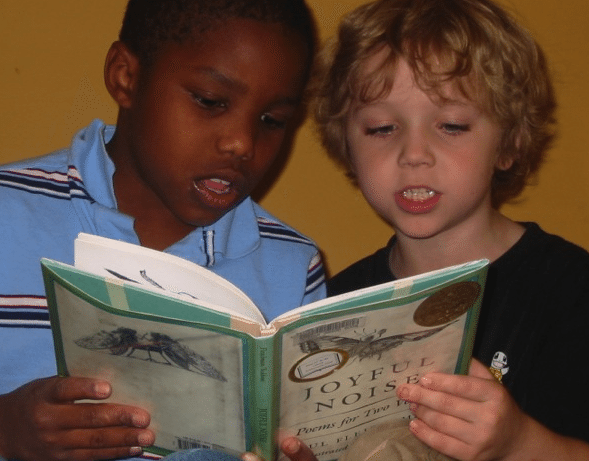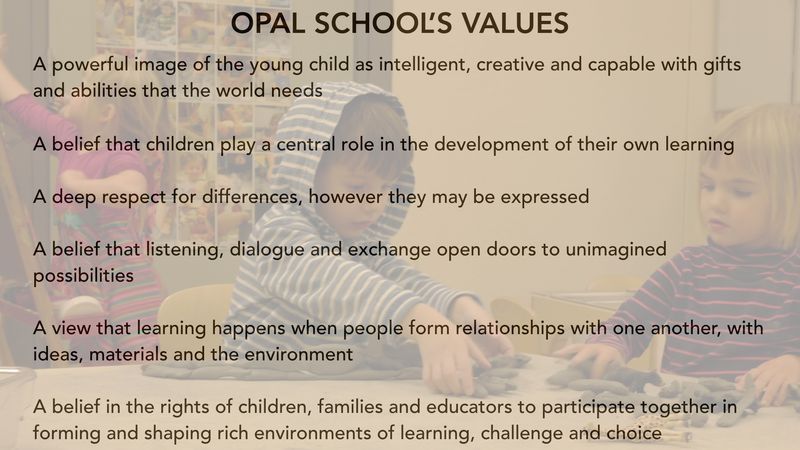Schooling for a better world

My heart is heavy looking back on a violent year. In the past year, we’ve watched so many individuals gunned down, white supremacy viscerally stamped on their crumbling bodies; the revolving door of mass shootings, reminding us on an almost daily basis of our feeble inability to enact arms restrictions; we’re forced to listen to people who we’d hope would be our greatest models of civility hurling insults and fear-mongering.
In the world we live in today, how can a school stand as a transgressive force that prepares people to imagine a better world so that they can build it – even though, as Scott McLeod and Karl Fisch point out, today’s schools are stuck with “preparing students for jobs that don’t yet exist using tools that haven’t been invented, to solve problems we haven’t yet recognized”[i]?
At the NCTE Conference in Minneapolis last month, Ellin Oliver Keene suggested a roadmap. She said that student engagement (a pre-condition to learning that shouldn’t be confused with compliance) is based in intellectual urgency, an emotional response to ideas, perspective bending, and aesthetic involvement. Daily, I see all of these pillars in Opal School classrooms – animated through purposeful play, the role of the arts to breakdown artificial barriers between disciplines, a refusal to orient around singular answers, attention to relationships in all their varied forms…
Stepping into Opal 3 last week, I witnessed the kind of conversation that demonstrates the kind of capacities that hold the power to break down the harshly oppositional conflicts that we’re afflicted by today.
Azaleeah: You’re not the only one who can smell flowers – but you are the only one who can smell flowers your way.
Ginger: If we all saw the exact same flower in the exact same way –
KD: -everyone would have similar ideas.
Ginger: We wouldn’t have as many ideas. All our papers would be down (gesturing to notes and charts hanging on the wall around them, documenting their thinking) – because we would just have a few ideas.
These eight-year-olds know that difference generates creative responses to problems – that the ideas that animate their classroom form heterogeneous discourse. I think that this commitment to a pedagogy of listening and relationships both equips them for these unanticipated problems of the future – but also directs us to answers we need today.
[i] Thanks to Vicki Vinton for directing me to Did You Know?/Shift Happens.

